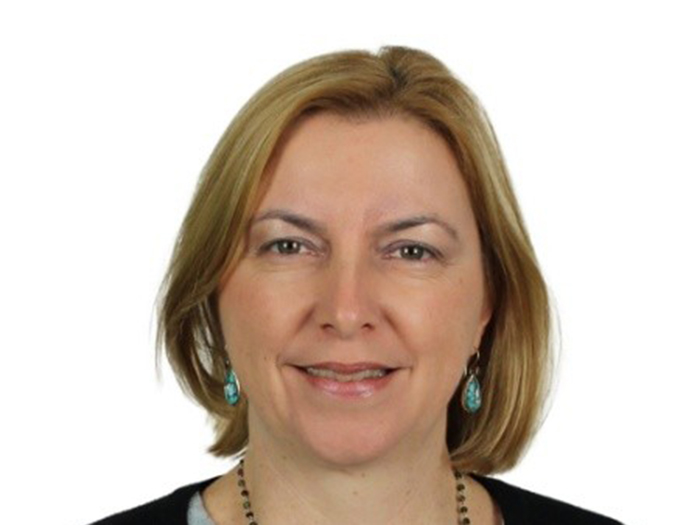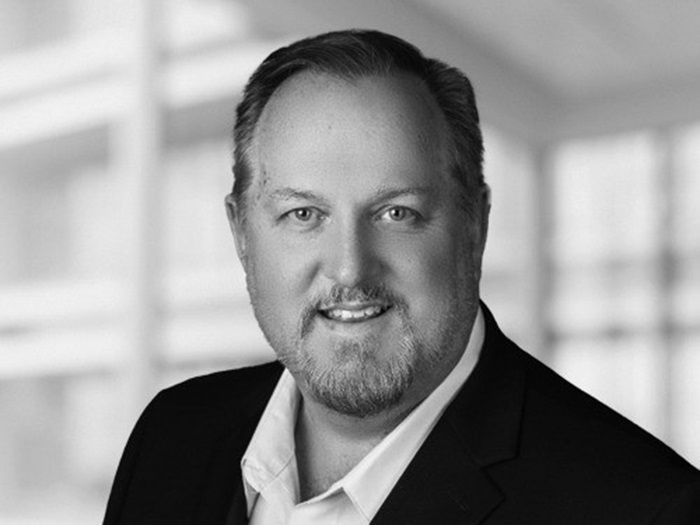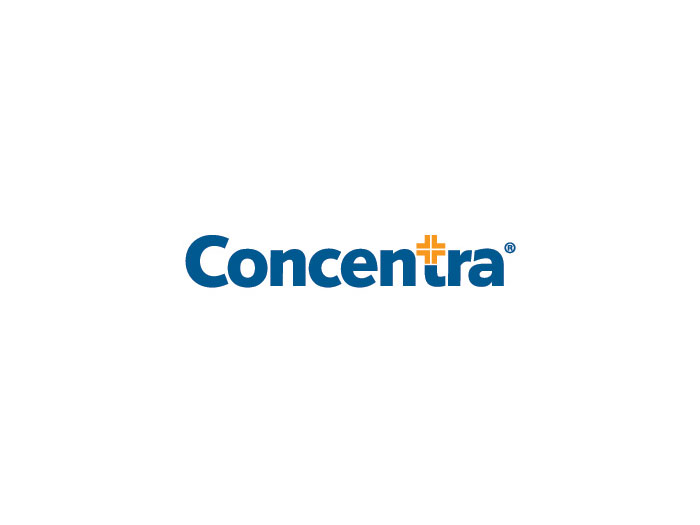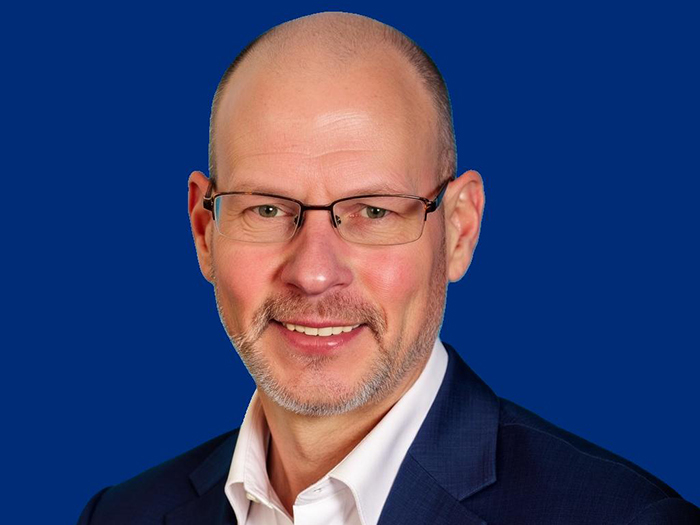Column: Roger's Soapbox
Capitalism at Its Best
Are some people inherently better than other people? The answer, we now know, is yes indeedy. Take that, equality freaks.
People who are better are not defined that way based on color, creed, nationality, sex, or any other criterion formerly fashionable among the bigoted. The grounds are, instead, the modern equivalents of religion: data and money.
An English newspaper has reported that “consumers who are careful with their personal finances are being offered savings on their car insurance premiums as a result.
Insurance firms have established what they say is a strong link between people who are prudent with their spending and those less likely to take risks while driving.”
“The apparent correlation,” the article continued, “has led firms such as Scottish Widows, Lloyds’ insurance arm, to begin offering discounts of as much as 20 percent on car insurance to certain customers.”
The inherent unfairness of the good having to pay for the bad is the price of freedom.
Your confusion solved: By Lloyds, the newspaper meant Lloyds Banking Group, a large UK-based firm, not Lloyd’s of London. And don’t confuse Scottish Widows, an insurer, with Scottish windows, which have a more transparent outlook.
The prudent make fewer insurance claims, one assumes, because they take fewer risks, or perhaps better understand the risks they do take. They are therefore better people to insure than the profligate.
This may seem somewhat obvious. The prudent carry the profligate throughout their lives.
For years, for example, the prudent have earned little or nothing on their savings so that the profligate can have cheap mortgages. The prudent pay their bills on time and don’t incur debt they cannot carry. With the profligate, anything goes.
We’re all a mix of spenders and savers, except for the most dissolute, who spend everything they can get their hands on and, in many cases, steal, game the system, or borrow from me.
Prudence personified, I resentfully understand the need for the prudent to bail out the reckless.
If the global economic system required everyone to pay for what they use, 89.7165 percent of everyone (approximately) would be unable to make ends meet. They’d whine about it endlessly and eventually riot and set fire to anything and everything.
The inherent unfairness of the good having to pay for the bad is the price of freedom.
I have no children, don’t drive and rarely go out at night. Yet I pay my share of the nation’s education, roads and street lighting bills. The same principle applies to paying for those who can’t manage their money, which, to be fair, is almost everyone.
In our heady world of insurance (which is based entirely on the good carrying the bad), where money is managed to within a millimeter of its existence, we would imagine that everyone’s like us. They’re not.
Some people, most people, are just bad eggs and we, the good hats, carry them like the hapless passengers they are.
This system, as you know, is called capitalism. Its keenest unfairness lies not in the traditional complaint, that some people have little; it lies in the truth of those of us who pay attention to detail being left to subsidize those who don’t.
Being a compassionate Charlie, I wouldn’t have it any other way, except that every now and then I’d appreciate a medal, say, or a small parade in my honor.










